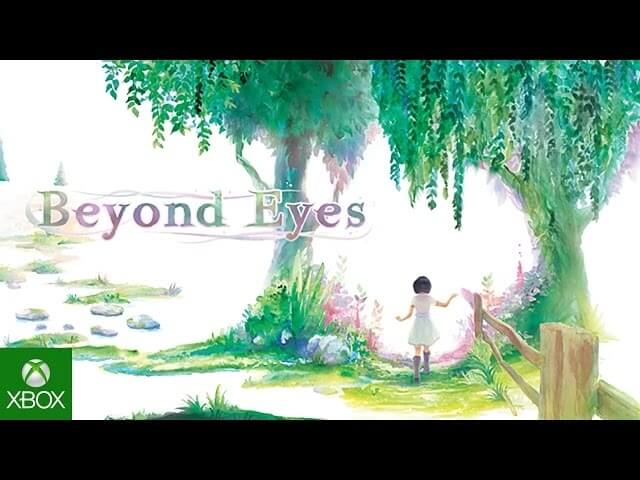Video game culture needs something more than backward compatibility

When the wonky phrase “backward compatibility” spilled from the mouth of Xbox boss Phil Spencer at Microsoft’s E3 press conference this week, it worked like a magical incantation. Aside from the over-amplified sounds of virtual guns that fired during a few of the trailers, the loudest sound in Microsoft’s press conference on Monday was the thunderous cheer from thousands of attendees—faces glowing green from pulsating light-up Xbox necklaces—who had just learned they’d be able to play decade-old Xbox 360 games on the Xbox One.
It was an ironic moment considering that we’re at E3—gaming’s annual pow-wow devoted to the trailers, the teasers, the hints of what’s coming to a GameStop near you. Devoted to the future. Yet this full-throated roar celebrated the return to the past. Xbox’s pithy slogan right now is “jump ahead,” but perhaps it should have been “look behind.”
Who’s winning E3? It’s not Microsoft, nor Sony or Nintendo. It’s the fan culture—the “hardcore gamer”—whatever you want to call the folks who consider video games an essential part of their identity, an identity that demands to be preserved even while the technology around it evolves. There was a time in the recent past when Xbox executives appeared ready to move on from pleasing these fans. When Microsoft first announced the Xbox One two years ago, the stage presenters pushed games to the background in order to position their next generation system as a mass market, do-it-all appliance—a smartphone for the living room.
It made sense for Microsoft to cater to a more general audience, but paired with proposed policies that would have restricted used games and required an always-on internet connection to play, fans felt marginalized, and they protested vociferously. They were ready to bolt to PlayStation 4, which Sony shrewdly pitched as a “games-first” device.
The consumer revolt worked, and Microsoft changed its tune. The company scaled back its emphasis on integrated television and fantasy football, and it eased the console’s draconian technological restrictions. The Xbox chieftains also lowered the price of the system and, at last year’s E3, acted the part of guilt-ridden sinners confessing to the high priests of the video game church. For their part, players appear to have shown mercy on the wayward corporation. Xbox One sales are way up—last month saw an 81 percent increase from May 2014, a Microsoft marketing executive told VentureBeat—even if the One is still being outsold by the PlayStation 4.
So for this year’s E3 press conference, Microsoft turned up the volume of its acquiescence to the core. “We put fans and gamers at the center of whatever we do,” pledged Spencer, solemnly, as he played the role of a blazer-and-T-shirt-wearing Santa Claus fulfilling players’ long wish lists. You want to play old 360 games on the Xbox One? You got it! How about early access to games in beta? Done! Cross-platform play with Windows 10 PCs? Sure thing.








































